US Strikes Multiple Iranian Nuclear Facilities Amid Middle East Escalation
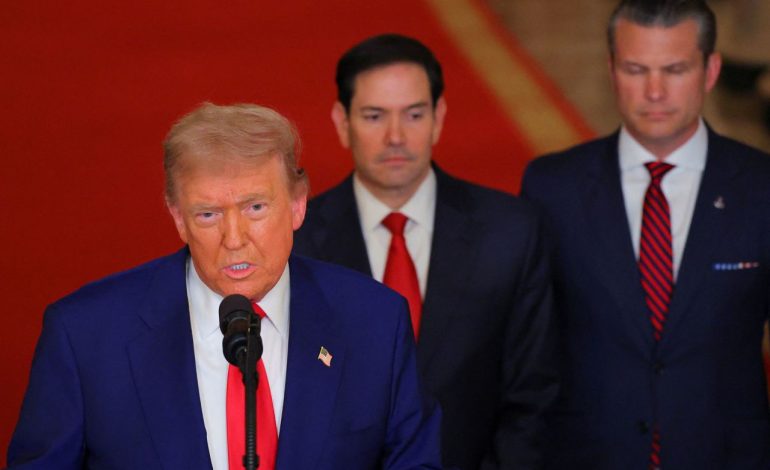
Global tensions escalated sharply Sunday after the United States launched coordinated airstrikes on three of Iran’s most critical nuclear facilities.
Iran has warned of “everlasting consequences,” while US President Donald Trump celebrated the operation as a “spectacular military success.”
The pre-dawn operation targeted Iran’s Fordow, Natanz, and Isfahan nuclear sites using B-2 Spirit stealth bombers and the Massive Ordnance Penetrator—reportedly the first time the 30,000-pound “bunker buster” bomb has been used in combat. The strikes marked a significant expansion of American involvement in the ongoing Israel-Iran conflict, now in its second week.
While President Trump claimed the sites were “completely and totally obliterated,” Iranian officials downplayed the damage. A senior Iranian lawmaker described the strikes on the heavily fortified Fordow facility as “superficial,” asserting that the underground enrichment infrastructure remained intact. Iran’s state media similarly claimed only the facility’s entry and exit tunnels were affected.
The UN’s nuclear watchdog, the International Atomic Energy Agency (IAEA), confirmed no radiation leaks had been detected and announced an emergency board meeting for Monday.
Iran’s Foreign Minister Abbas Araghchi accused the US of “blowing up diplomacy” and called the attack a “dangerous war” against Iran. In a strongly worded statement, Iran said it reserves “all options” to defend its sovereignty and interests. An emergency session of the UN Security Council has been requested by Tehran.
A prominent adviser to Supreme Leader Ayatollah Ali Khamenei urged immediate retaliation, including strikes on US Navy assets and the closure of the Strait of Hormuz—a vital artery for global oil shipments.
No official statement has been issued by Khamenei himself, but Iranian missile strikes followed shortly after the US announcement, targeting Israeli cities including Tel Aviv and Haifa. Israel reported injuries and damage to residential areas, and its military stated it had launched further retaliatory strikes on western Iran.
Global reaction has been mixed. UN Secretary-General António Guterres expressed grave concern over the escalation, warning of potential “catastrophic consequences.” The UK Prime Minister Keir Starmer defended the US action but urged Iran to return to negotiations.
In the US, political opinion remains divided. Supporters of the strikes view them as a deterrent against Iranian nuclear ambitions, while critics warn that the action bypassed congressional approval and risks dragging the country into another prolonged Middle Eastern conflict.
Analysts note that Iran now faces difficult choices: respond militarily and risk wider war, or engage diplomatically amid heightened tensions. The country’s ability to retaliate—whether through missile strikes, cyber operations, or disruptions to oil shipping—remains potent.
With input from CNN, Al Jazeera, BBC and the Associated Press.
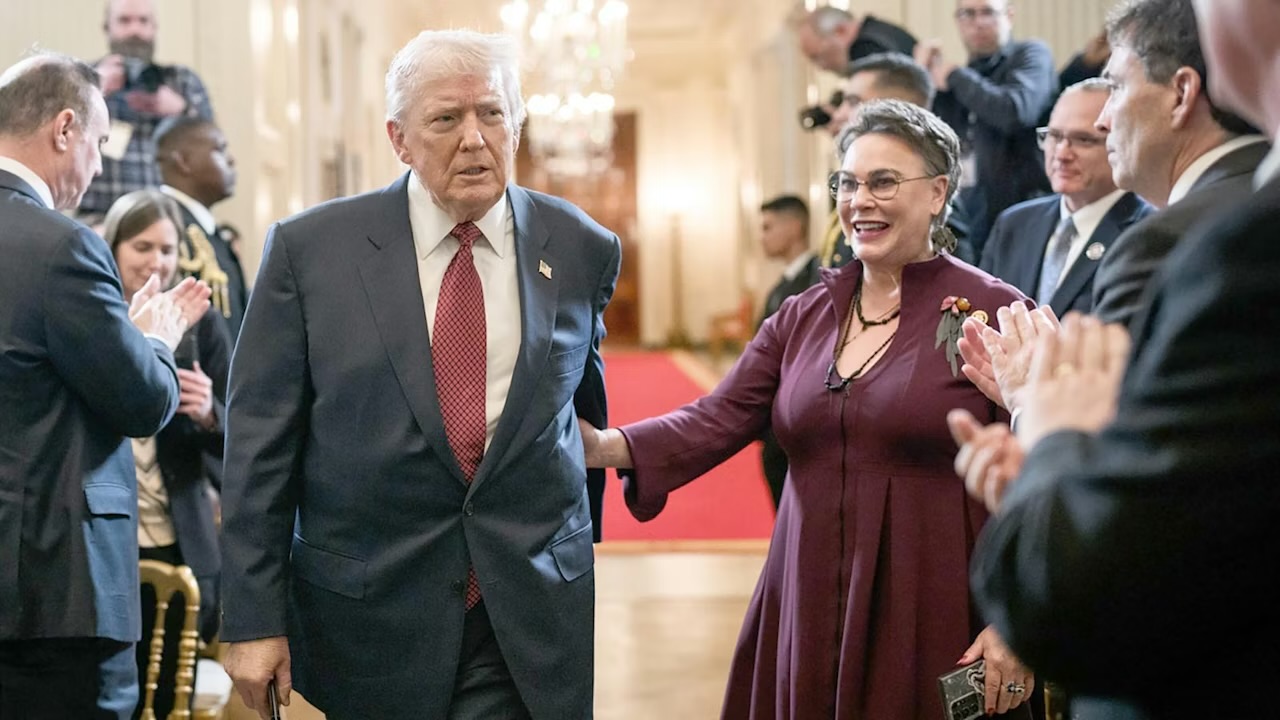
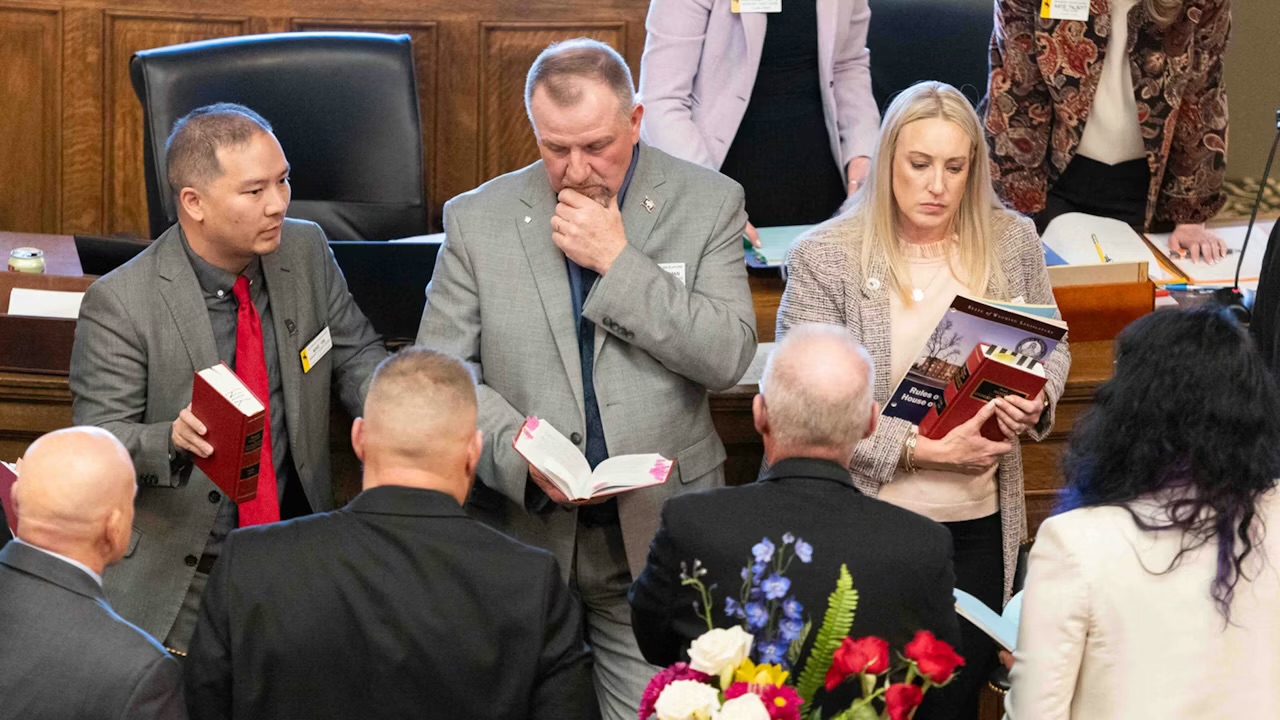
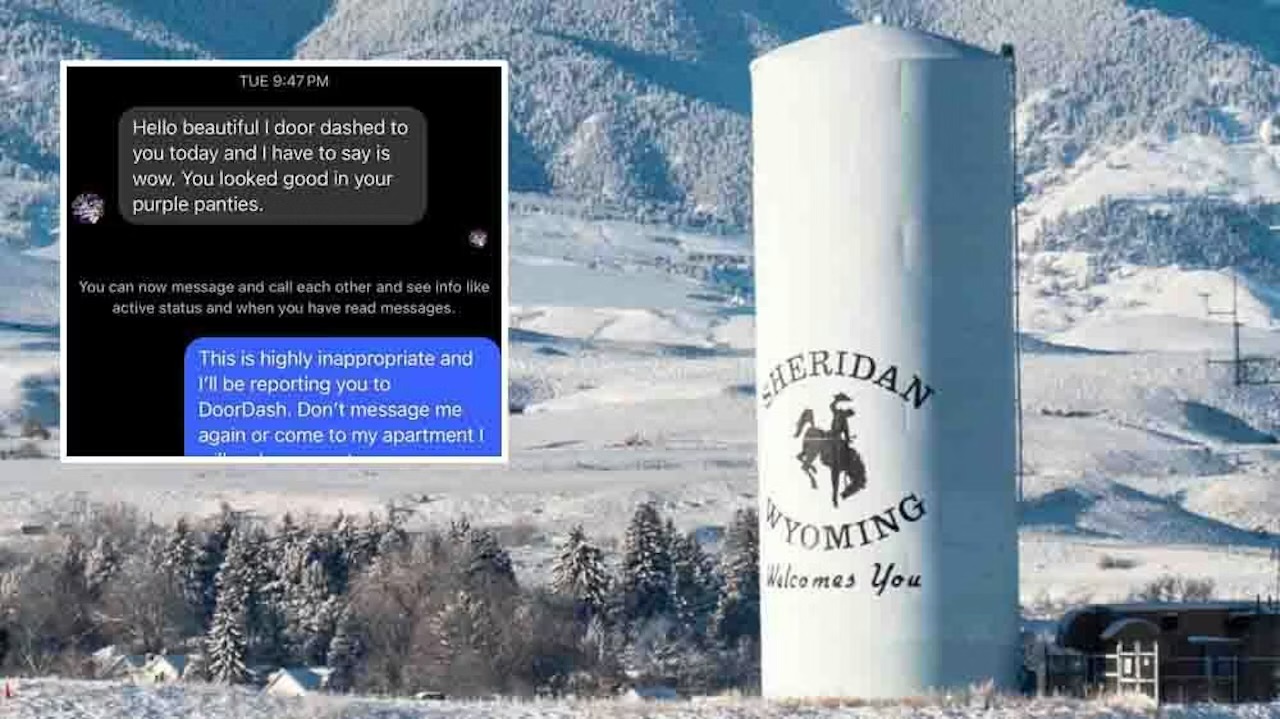
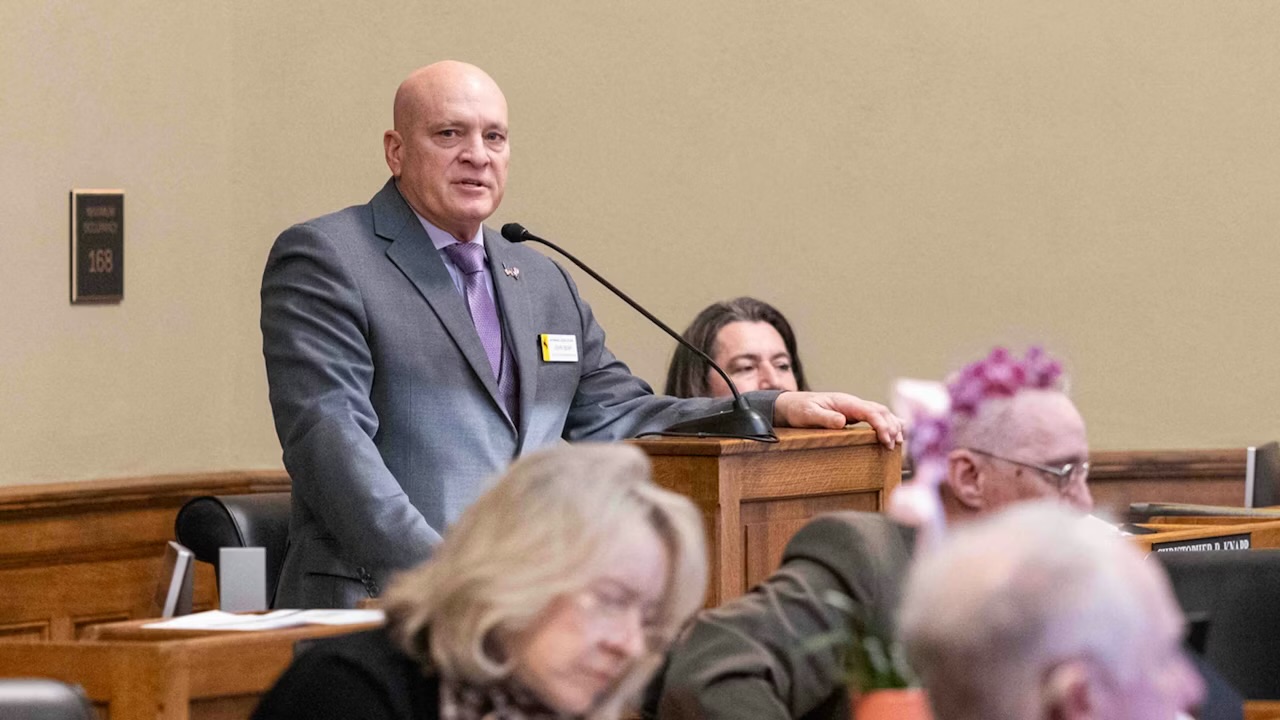





The latest news in your social feeds
Subscribe to our social media platforms to stay tuned